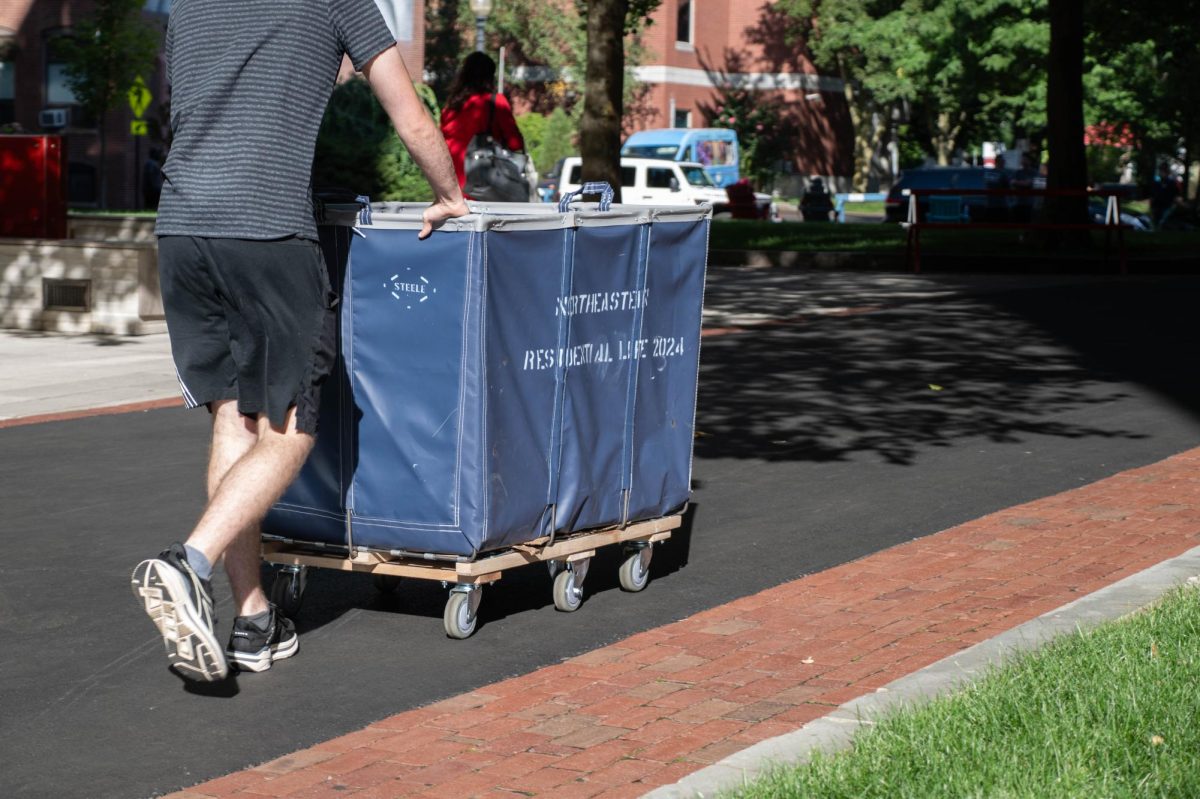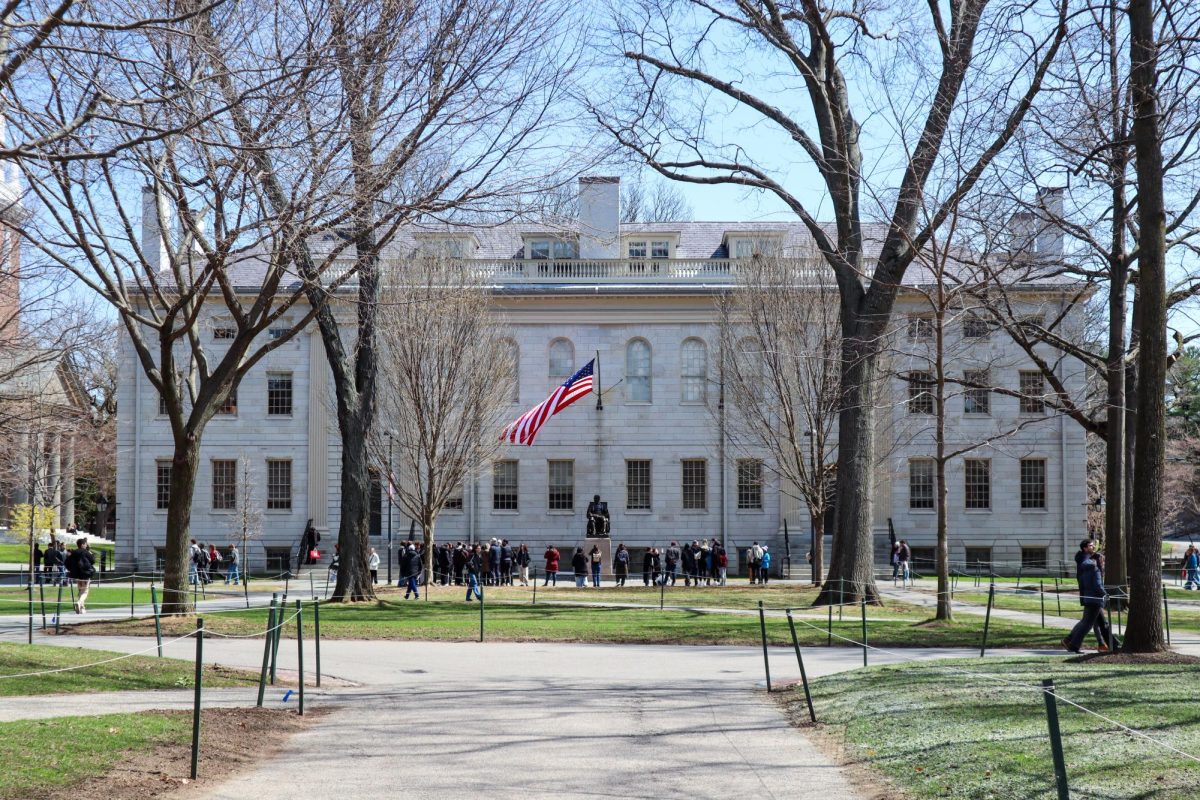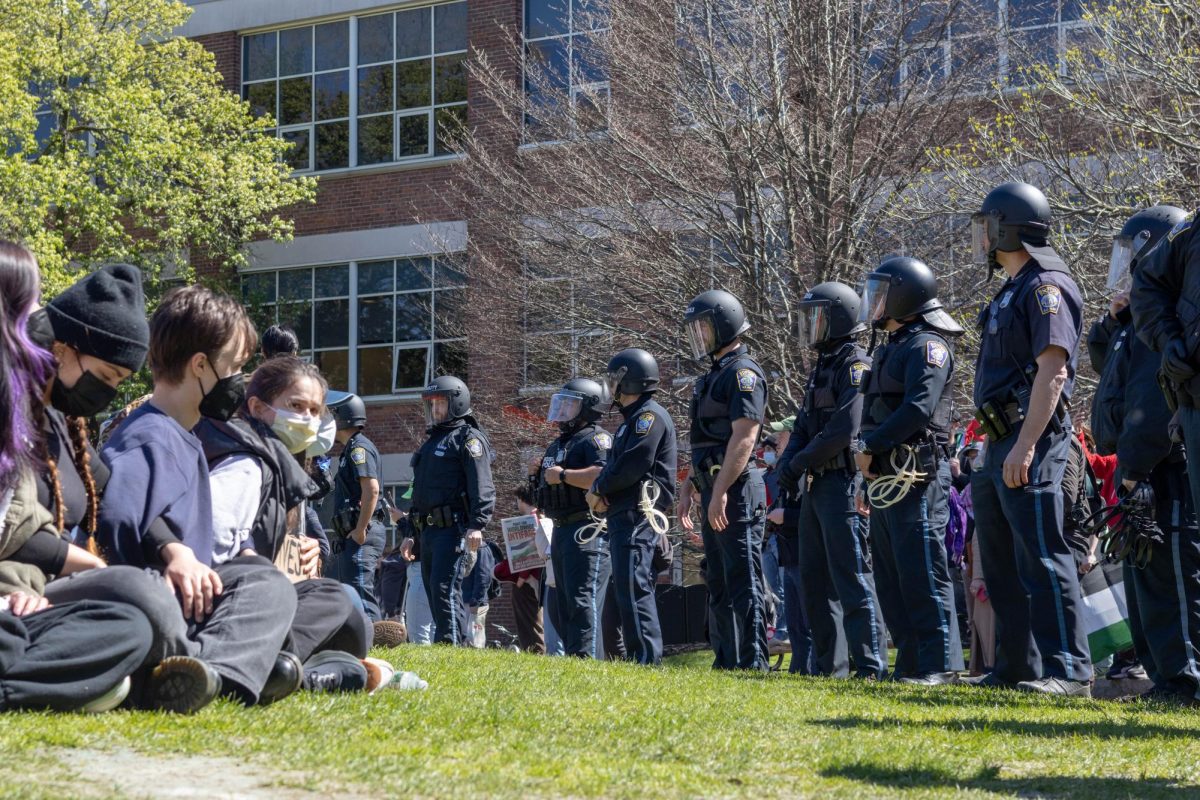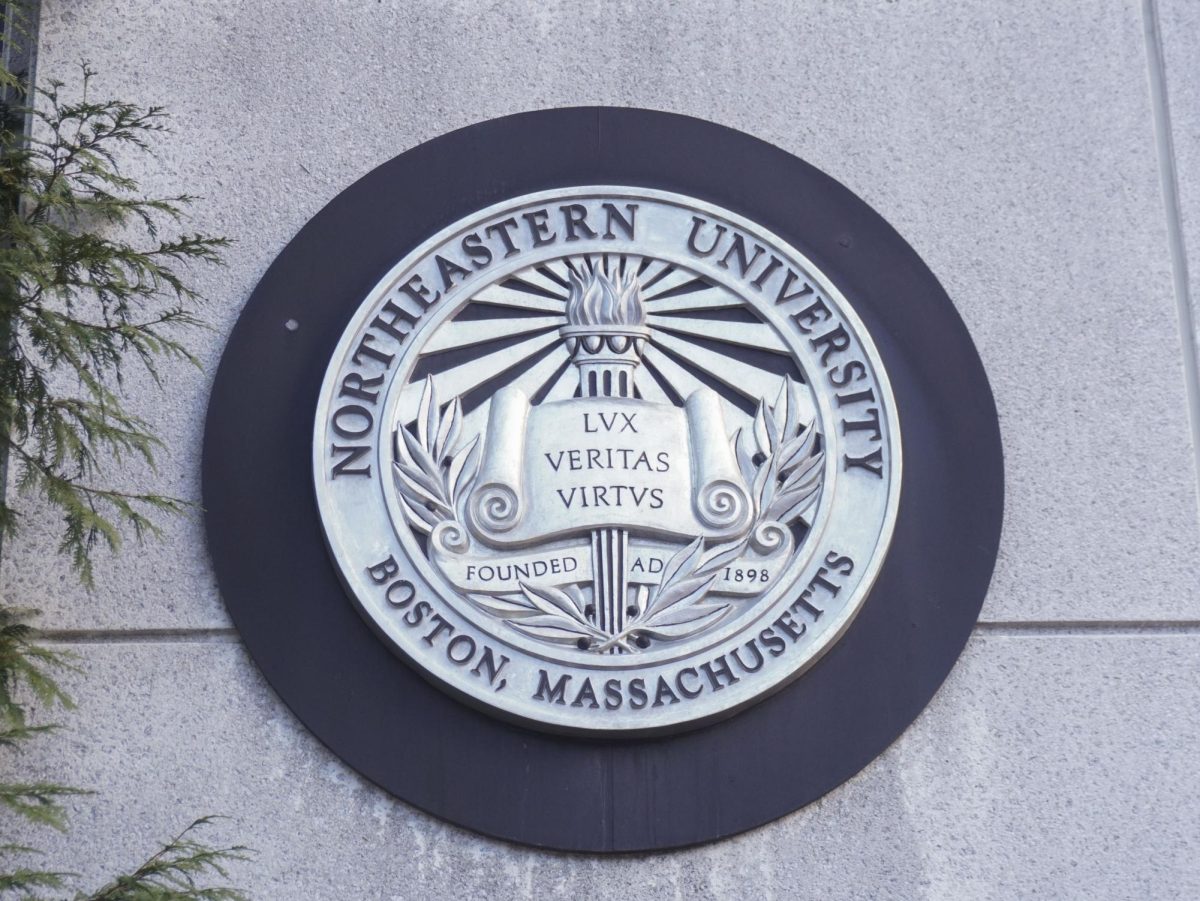Dear first-years,
I was you once, cutting through the North Lot behind a packed Stetson East one humid August day amidst the rush of first-years moving in. Of course, I had no idea what was in store for me over the course of the next year. As a second-year student now, I look back on freshman year and realize that there are some things I wish I could change about my time.
But I feel that what I’ve learned over the course of that year has helped me navigate the challenges that come with being an upperclassman. In the interest of making sure you have an easier time figuring out these lessons than I did, here’s a list of what you might want to do to make your Northeastern journey smooth sailing from the get go.
Go to class — but don’t take notes.
We’ve all been there. You’re sitting in the middle of the lecture hall while the professor seems to spend two hours on one slide and jumps through the next 10 slides in 30 seconds. All you can do is sit there dazed while staring at a lonely cursor on a blank Google Docs page. One week in, you’ll slowly start to wonder if there is even a point to attending the lecture.
Well yes, there is a point. But if you’re only aiming to copy down the slides as fast as possible, then you’re missing the point of the lecture. Most slides are posted on Canvas before the lesson is presented. I would recommend looking at the slides and making notes before class, leaving space to fill in anecdotes that your professor talks about. If you’re a STEM major, use the time in lecture to do practice problems related to the topic that is being taught. That way, if you’re stuck, you can use the lesson to guide you through the problem.
This may not work for every class (ahem — humanities majors). But the principle of using the class lectures as review sessions may help maximize your academic journey without putting in extra thought. Reviewing the slides beforehand also gives you the chance to practice active listening during class, which will help you further understand the general idea of the material. But to better understand the specifics of your subject, you need to …
Go to office hours. Seriously.
Everybody who takes a stressful class tells you to go to them, but it is often the last thing on your mind. You got into Northeastern; I’m sure you were that kid who self-taught a whole geometry unit the day before a test in high school. Unfortunately, that’s not going to work as well in college. Information comes flying at you at 1,000 miles a second, and you’re bound to be confused by at least one concept in every class.
A professor’s office hours gives you the opportunity to clear up any confusion you might have about the course, as it’s basically a one-on-one tutoring session with the person making your exam. You get the time to really understand a topic to its core — to relearn everything that you might have missed during a lecture. And, if you use the technique about spending lecture time effectively that I mentioned above, you can outline exactly what questions you need to ask so that your understanding of the topic is not limited.
One added benefit: you get to know your professors as people and form a close connection with them. This could lead to a great mentor-mentee relationship, and potentially even a co-op or full-time job opportunity. After all, Google was founded after an office hours meeting.
Go “club-hopping.”
And no, I’m not talking about sampling a pint at Two Saints Tavern. I’m talking about the more than 600 student organizations present on campus (and yes, that’s including Cheese Club).
Northeastern’s Fall Fest and Spring Involvement Fair are biannual fairs held at the start of every semester where you can check out all the clubs campus has to offer at their respective tables. You can add yourself to the mailing list of any of the clubs you find interesting to get alerts on weekly meetings or special events hosted.
From there, go to see what the clubs are like in person and ask yourself some questions: Is this a club where I personally can make a big impact? Are these people my kind of people? Is this a space where I can relax?
Many clubs have mentor-mentee speed dating rounds where you can get to know the upperclassmen members better — go to those. If you do decide to join a club, these relationships with your peers and upperclassmen can give you personal guidance or open up networking, co-op and maybe even job opportunities.
Many clubs on campus are not selective and are welcome to anybody. So don’t hesitate to hop!
Make your own extracurriculars.
While Northeastern definitely offers a smorgasbord of extracurriculars that range from tutoring and consulting to satellite-building enterprises, the university’s location is probably the biggest opportunity of them all. Boston is a world-class city, home to prestigious medical institutions, media outlets, investment banks and biotech firms that rival many cities across the globe.
That means you should not be afraid to venture out and discover what opportunities lay before you that are not necessarily affiliated with Northeastern. The Boston Public Library, for example, offers volunteering positions to help teach English to immigrants. For all you computer science majors, many Boston schools host hackathons — often two-day long events that require you and your team to code a solution to a particular case presented.
You should also not be afraid to pursue personal projects on your own. Many of my friends have designed apps, pursued business ideas and founded bands all from their (tiny) residence hall rooms in their first year.
Taking advantage of what’s around the city as well as what is directly at your fingertips on campus is not only great for building up the resume — especially with finding co-ops down the road — but it can be a great way to meet a new circle of people.
Stress — the right way.
Whether it’s a bad grade on that test the professor swore would be easy, the guilt from parents who keep asking why you don’t call or the oftentimes endless drama that keeps happening in your friend group, stress is pretty much a constant of life now. Part of managing your sanity is figuring out what you need to stress about right now and what can wait till later.
As a general rule of thumb, if doing an assignment, spending time with friends or going to the gym is going to help you grow academically, personally or even healthwise — do stress about it! If it only brings you down — such as stressing about what people think of you — don’t. College is very likely the shortest four years you will ever experience in your life, so it’s only fair that you prioritize what you need as much as possible and cut out what you don’t. Don’t be afraid to drop that club, activity or social group if you feel you’re not getting much out of it.
College isn’t perfect, nor can it be. Like anything in life, trying to make it perfect will only make it worse. Everybody is going to have unproductive days, regret missed opportunities and make terrible first impressions. Just remember that at the end of the day, the only thing that matters is focusing on what you came to college for: to grow academically, professionally and personally.
Navigating freshman year was probably one of the most exhilarating and stressful periods I’ve ever had in my life. But I’ve certainly come to learn a lot about what living as a young adult really entails. And I’m positive that if you learned something from this article, you’ll be able to tackle freshman year with confidence as well!
Sandeep Sood is a second-year behavioral neuroscience major. He can be reached at sood.san@northeastern.edu.
The Huntington News is dedicated to serving the Northeastern University community with original, professional reporting and creating an environment in which student journalists can learn from one another. Support an independent, free press at Northeastern University with your donation today.
















